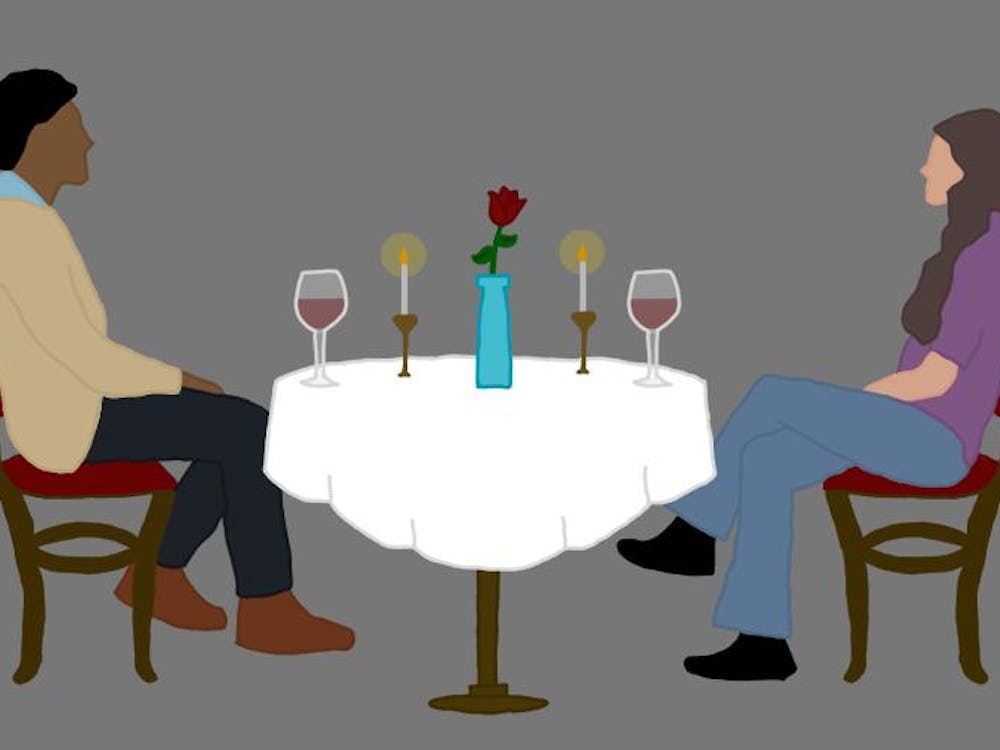If there's one thing audiences weren't exactly screaming for, it's another war movie. We've seen Black Hawks rise, we've seen Black Hawks fall, we've seen soldiers go behind enemy lines, we've seen enemies at the gates, and we're all quite aware of the fact that war is not too pretty.
That's why "Windtalkers" is such a surprise. It seems fresh despite the tidal wave of war movies that's been washing over theaters lately. And that's thanks almost entirely due to one man, or as I prefer to call him, The Man: John Woo.
Woo hasn't really done much with himself since he arrived on U.S. shores in 1993 - just one forgettable TV movie, Van Damme extravaganza or John Travolta vehicle after another. Yeah, "M:I 2" was a blockbuster mega-hit and was kind of fun, but is anyone going to argue that it's anything more than a disposable Summer popcorn snack?
With "Windtalkers," Woo is back on track - with a vengeance. This film doesn't feel compromised at all. It's got everything a Woo fan could want - over-the-top melodrama, kinetic and innovative camera work, lots and lots of gunfire, slow motion shots of flying birds and a triple digit body count.
There's a story amid all the chaos, too. Sergeant Enders (Nicholas Cage) is injured badly in an intense battle right at the start but pushes to return to combat anyway. Impressed by his tenacity, the higher-ups give him a special mission - to protect a Navajo Indian code talker, Private Yahzee (Adam Beach). Or to be more accurate, he's assigned to protect the "code." This means he has to put a bullet in Yahzee's head if he is in danger of capture and potential torture to reveal the code.
The code is key to several victories in battle and it remains at the forefront of a lot of the action. Yahzee gradually gains the courage to fight and he becomes accepted by both his protector and his skeptical comrades.
There were some kids in the audience that shouted "Yes!" every time one of the bad guys got mutilated or blown away, so this movie's approach is pretty clear. There's no revisionist history a-la "Pearl Harbor" here that is trying to show that the enemy has feelings, too.
This is gung-ho U.S.A. for U.S.A. cinematic warfare. It deserves credit for portraying the war in very black and white terms in an age of excessive political correctness, but it still has some glaring, seemingly inescapable war film clich






